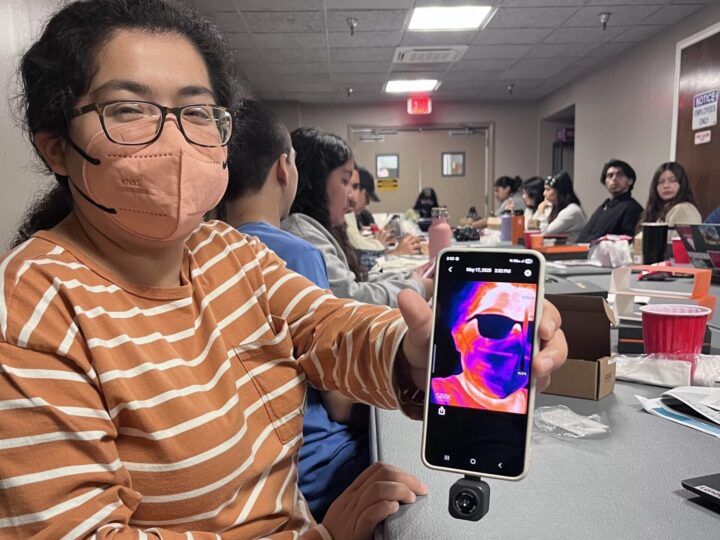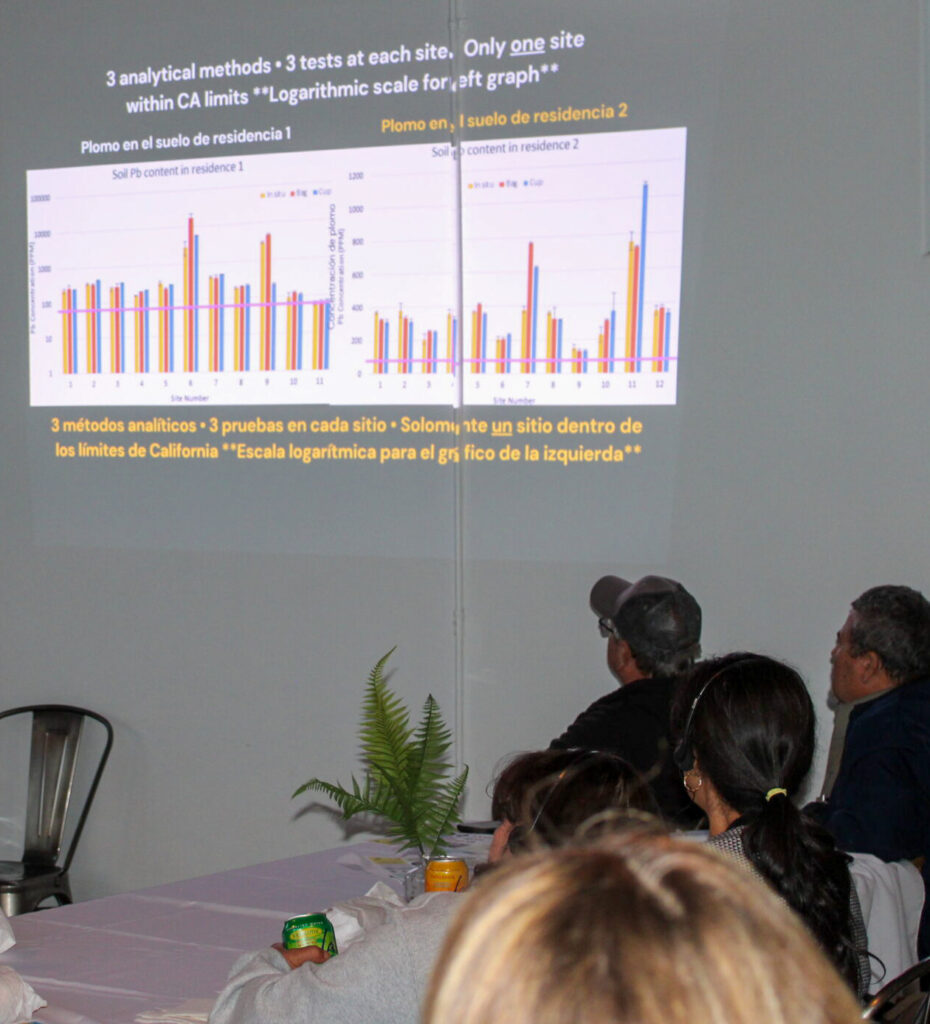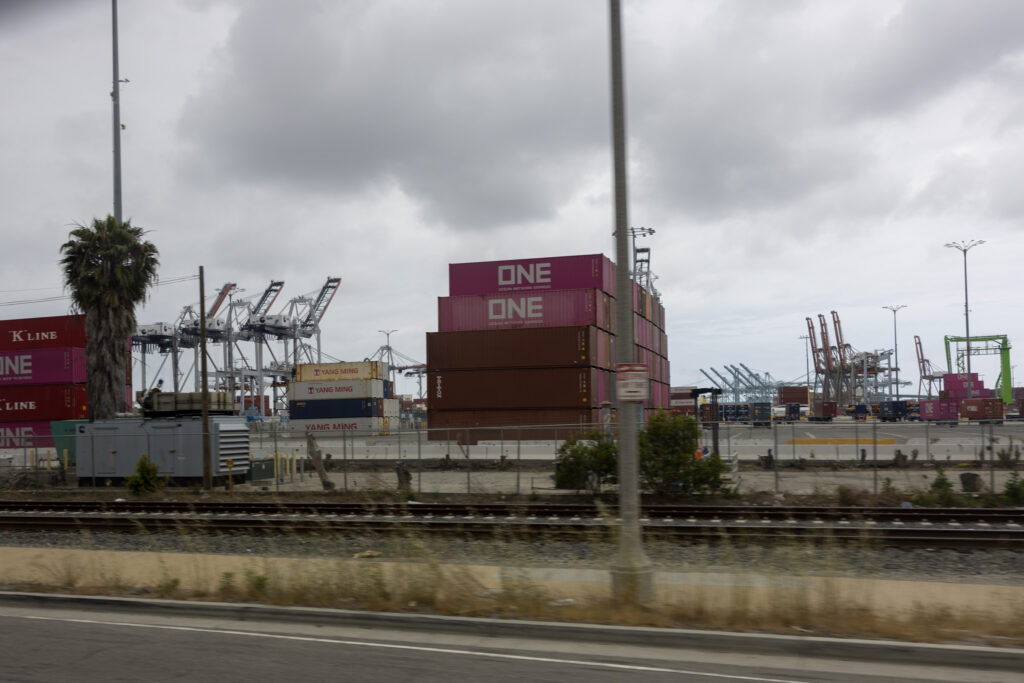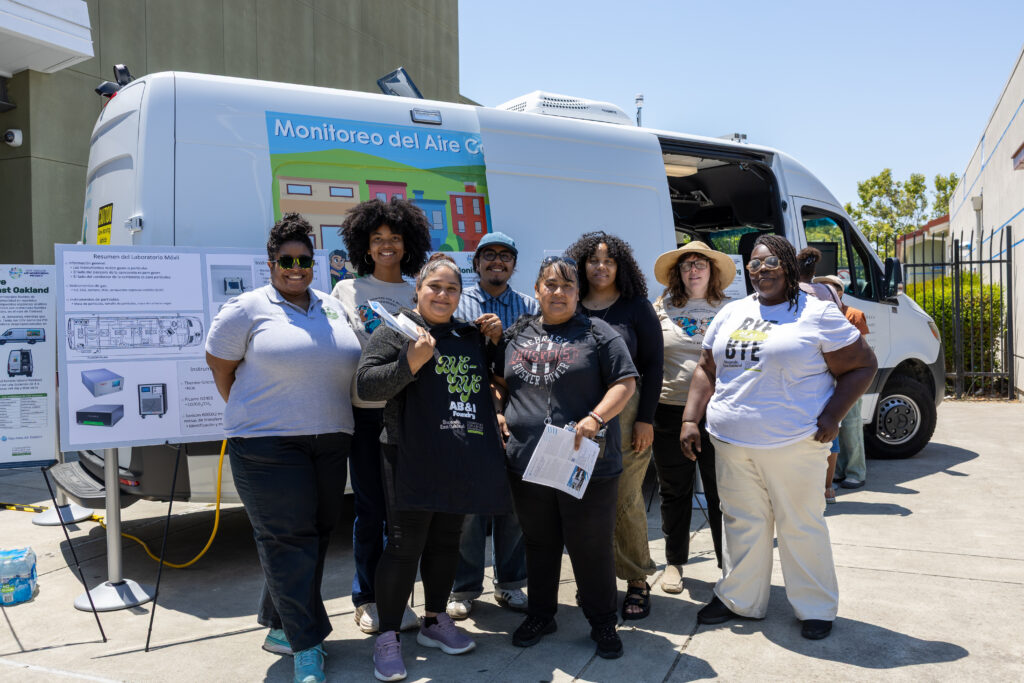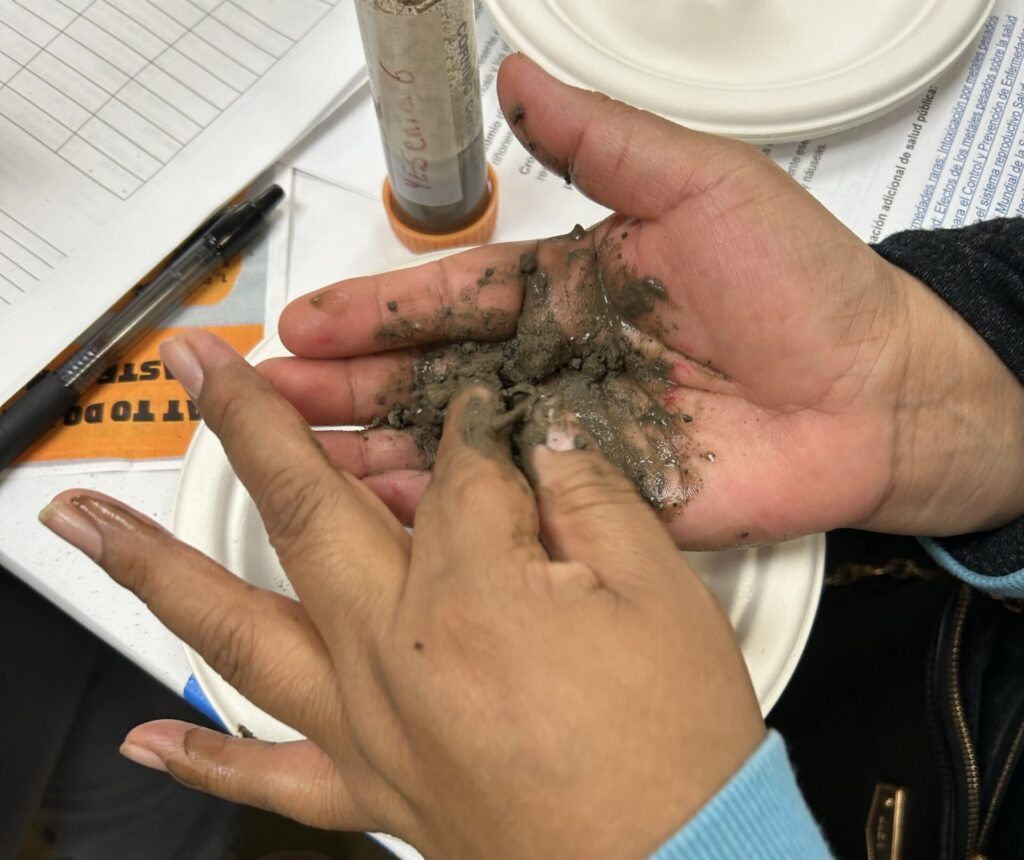Wilmington in the harbor area of Los Angeles is ground-zero on the West Coast to fossil fuel infrastructure, including five oil refineries, intensive oil drilling right next to houses, extreme levels of transportation pollution, the heavy port polluters (Port of LA and Port of Long Beach), and more.
CBE has a deep history winning model emissions controls for oil refineries, a model ordinance for oil extraction phaseout not only in Wilmington but connecting these into statewide models.
State Greenhouse Gas Scoping Plan and California Energy Commission Proceedings: CBE Wilmington led the statewide battle for long-term planning of the switch from Oil Refining production of gasoline and diesel, to their gradual phaseout through transportation electrification.
CBE Wilmington is also leading the research in the case study of the Phillips 66 refinery closure, including elements needed through the City and County of LA for community and worker protections, decommissioning, remediation redevelopment, and logistical means for short term fuel supplies which can avoid supply constraints and price spikes while working towards clean energy goals and a Just Transition.
